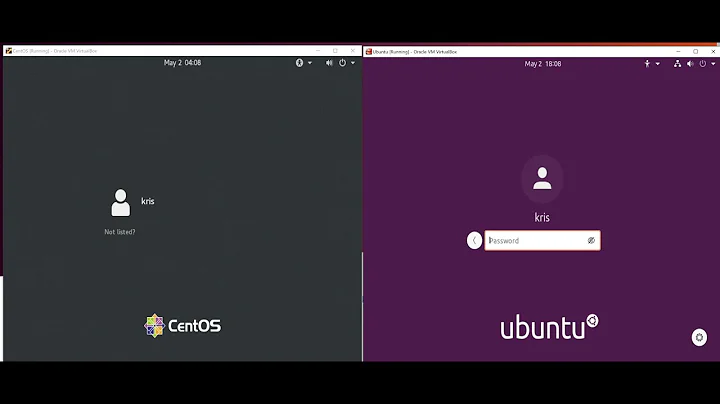What is the equivalent for "service servicename start" that Fedora/RHEL/CentOS uses for Debian/Ubuntu?
Solution 1
I don't know about the "correct" way, but I always use invoke-rc.d, so e.g. to restart MySQL:
sudo invoke-rc.d mysql restart
Solution 2
You can always just invoke the startup scripts directly (e.g., /etc/init.d/foo restart). This works on RedHat variants as well, although the path is slightly different there (/etc/rc.d/init.d, although I believe /etc/init.d is a symlink to it as well).
Solution 3
all most every distro has /etc/init.d/service ********** {start|restart|reload|stop}
Solution 4
The same service <servicename> start works for me in Ubuntu 9.04. It is in the sysvinit-utils package.
Solution 5
Using /etc/init.d/foo on RedHat can cause problem if selinux is activated because the script should not set up the context correctly. The service command always works on selinux enabled RHEL.
Related videos on Youtube
Comments
-
daniels over 1 year
What is the equivalent for "service servicename start" that Fedora/RHEL/CentOS uses for Debian/Ubuntu?
I've just read on some question here on serverfoault that using /etc/init.d/service is obsolete, so what's the correct way on Debian? -
 Dave Drager almost 15 yearsI use /etc/init.d foo stop|start|restart as well.
Dave Drager almost 15 yearsI use /etc/init.d foo stop|start|restart as well. -
Ophidian almost 15 yearsCribbing from a comment on another question (serverfault.com/questions/30701/how-to-enable-sshd-on-fedora-11), directly calling /etc/init.d/servicename is discouraged on Fedora/Red Hat systems. You also don't necessarily get the same environment provided to the scripts as you would using the /sbin/service script (e.g. on SELinux Gentoo you need to use
run_initinstead of /etc/init.d to get things to start in the correct security context.




